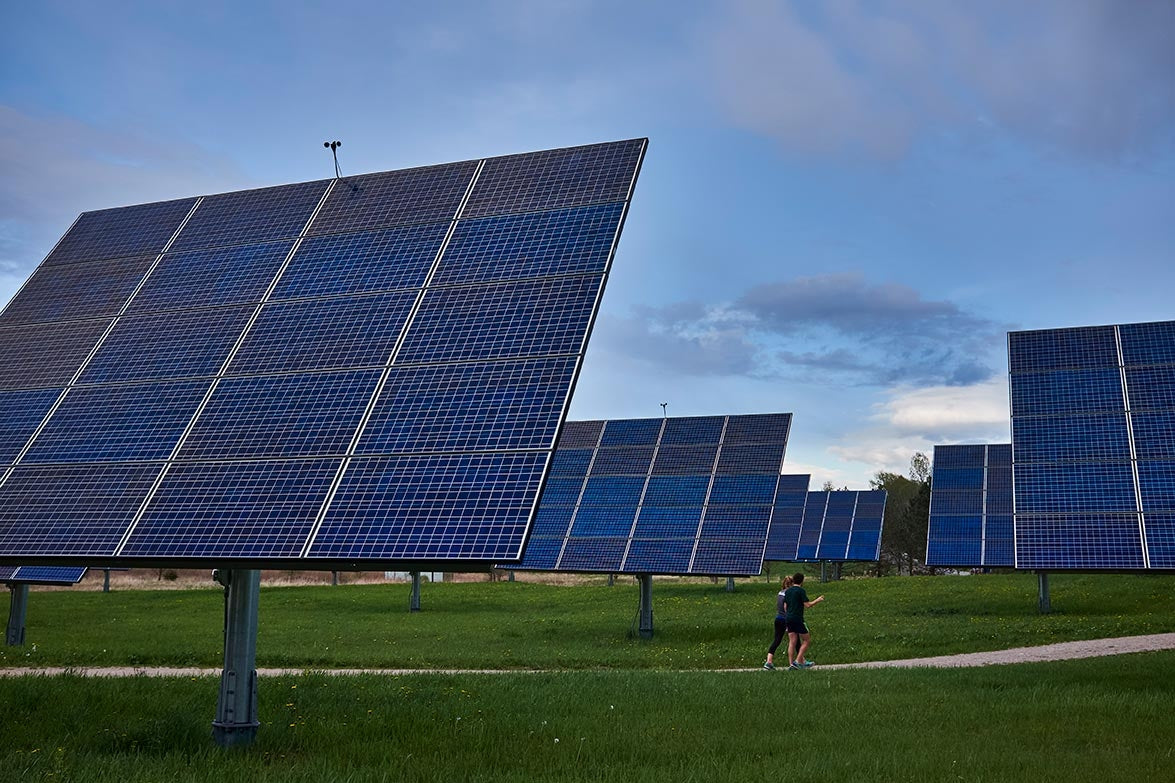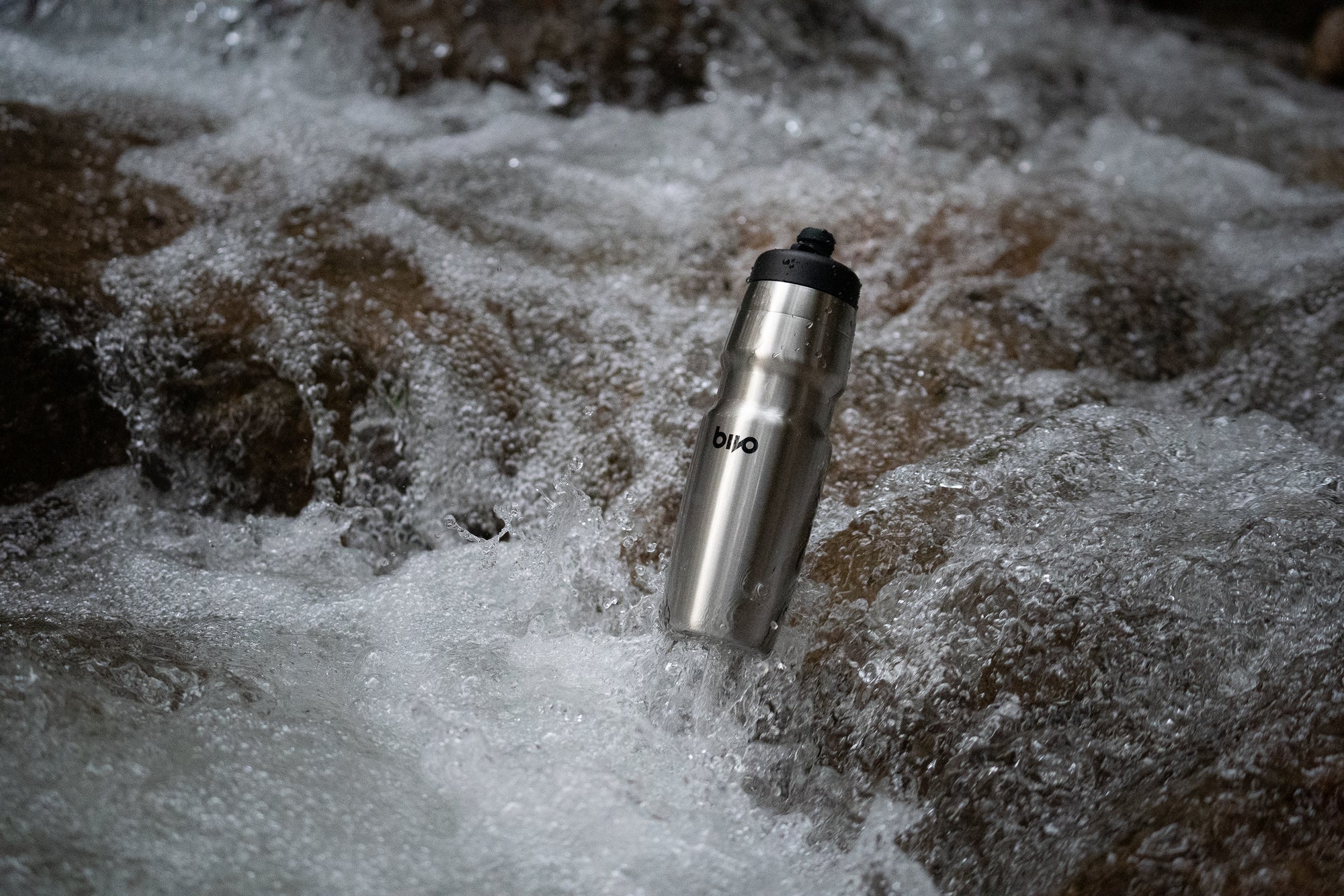April 24th, 2025 | by Team Bivo
Happy Earth Week, from the Bivo team! To mark the day, we wanted to share an important message from a well-respected environmentalist Bill McKibben. Cheers to working together to create change.
Bill McKibben is one of the most prominent environmentalists and climate change activists of our time.
He has written 20 books on climate change and the environment and helped found 350.org, the first global grassroots climate campaign, which has organized protests on every continent.
Bill lives in Vermont and has for 25 years. He serves as the Schumann Distinguished Scholar in Environmental Studies at Middlebury College, and we all have seen Bill enjoying the nordic ski trails at Rikert.
We’re honored to have interviewed Bill today and we’re proud to share his perspective this Earth Day, showcasing the great importance of working to combat climate change through education, policy changes, and community action.
Happy Earth Week, from the Bivo team! To mark the day, we wanted to share an important message from a well-respected environmentalist Bill McKibben. Cheers to working together to create change.
Bill McKibben is one of the most prominent environmentalists and climate change activists of our time.
He has written 20 books on climate change and the environment and helped found 350.org, the first global grassroots climate campaign, which has organized protests on every continent.
Bill lives in Vermont and has for 25 years. He serves as the Schumann Distinguished Scholar in Environmental Studies at Middlebury College, and we all have seen Bill enjoying the nordic ski trails at Rikert.
We’re honored to have interviewed Bill today and we’re proud to share his perspective this Earth Day, showcasing the great importance of working to combat climate change through education, policy changes, and community action.
I arrived in Vermont in 2000 from the Adirondacks, where I'd spent most of my life. I think I'm one of the few people for whom the move to Ripton (pop 600) was like a trip to the big city--I mean, it had a store. I love all the outdoor things--but especially xc skiing, for which Ripton is a paradise. I am a regular pretty much daily at Rikert, the Middlebury college ski trails a mile or so through the woods from my house, and I love the Catamount and the VAST trails for skiing too.
Winter is definitely getting much shorter at both ends. At least this year the middle was cold--but that's a rarity now too, when we usually have rainstorms as often as snow. We're losing the heart of winter, that magical period when friction gives up its remit and we can glide across the surface. It makes me endlessly sad to see it all turn to slush--but that much more committed to making the most of every snowstorm, which I do!
We were just lucky this year. It was record warmth in the Arctic, and that was driving down what cold there was in the northern hemisphere. January globally was the hottest January on record.
I arrived in Vermont in 2000 from the Adirondacks, where I'd spent most of my life. I think I'm one of the few people for whom the move to Ripton (pop 600) was like a trip to the big city--I mean, it had a store. I love all the outdoor things--but especially xc skiing, for which Ripton is a paradise. I am a regular pretty much daily at Rikert, the Middlebury college ski trails a mile or so through the woods from my house, and I love the Catamount and the VAST trails for skiing too.
Winter is definitely getting much shorter at both ends. At least this year the middle was cold--but that's a rarity now too, when we usually have rainstorms as often as snow. We're losing the heart of winter, that magical period when friction gives up its remit and we can glide across the surface. It makes me endlessly sad to see it all turn to slush--but that much more committed to making the most of every snowstorm, which I do!
We were just lucky this year. It was record warmth in the Arctic, and that was driving down what cold there was in the northern hemisphere. January globally was the hottest January on record.
The climate crisis is the greatest dilemma humans have ever faced--we're still in the fairly early stages and there are already large zones of the earth becoming uninhabitable as fire, flood, and just sheer heat start to drive people and creatures away. We're now seeing the rapid beginnings of the sixth great extinction crisis on this planet, but in this case the giant asteroid is...us.
When their communities flood--as we've dealt with in Vermont--that can start to change some minds. But maybe not enough. When insurance premiums go through the roof--but again, people are fairly stubborn. The demographers say we can already see internal climate migrations in this country; clearly they're underway around the world.
I mentioned insurance before. Insurers can't really figure out how to write policies any more, because their actuarial tables depend on the world operating in the future as it has in the past. That is no longer the case; and insurance--the ability to hedge risk--underpins most economic life. I think this is just beginning to become clear.
The climate crisis is the greatest dilemma humans have ever faced--we're still in the fairly early stages and there are already large zones of the earth becoming uninhabitable as fire, flood, and just sheer heat start to drive people and creatures away. We're now seeing the rapid beginnings of the sixth great extinction crisis on this planet, but in this case the giant asteroid is...us.
When their communities flood--as we've dealt with in Vermont--that can start to change some minds. But maybe not enough. When insurance premiums go through the roof--but again, people are fairly stubborn. The demographers say we can already see internal climate migrations in this country; clearly they're underway around the world.
I mentioned insurance before. Insurers can't really figure out how to write policies any more, because their actuarial tables depend on the world operating in the future as it has in the past. That is no longer the case; and insurance--the ability to hedge risk--underpins most economic life. I think this is just beginning to become clear.




Left, solar panels on the Middlebury College campus. Photo from Middlebury College Energy2028.
Left, solar panels on the Middlebury College campus. Photo from Middlebury College Energy2028.
The rapid fall in the price of clean energy--sun, wind, and the batteries to store them. This is the great untold story of our time--we're so used to seeing these things as 'alternative energy' that it's hard for us to understand they're now the clear, obvious way to produce power. We live on a planet where the cheapest way to make energy is to point a sheet of glass at the sun--if we really seized that possibility we could make enormous change very rapidly.
A willingness to embrace sun and wind everywhere. You don't want to look at some solar panels? Get over yourself.
To learn more about Bill McKibben’s work, writing and perspective, visit his website here.
The rapid fall in the price of clean energy--sun, wind, and the batteries to store them. This is the great untold story of our time--we're so used to seeing these things as 'alternative energy' that it's hard for us to understand they're now the clear, obvious way to produce power. We live on a planet where the cheapest way to make energy is to point a sheet of glass at the sun--if we really seized that possibility we could make enormous change very rapidly.
A willingness to embrace sun and wind everywhere. You don't want to look at some solar panels? Get over yourself.
To learn more about Bill McKibben’s work, writing and perspective, visit his website here.
Leave a comment (all fields required)